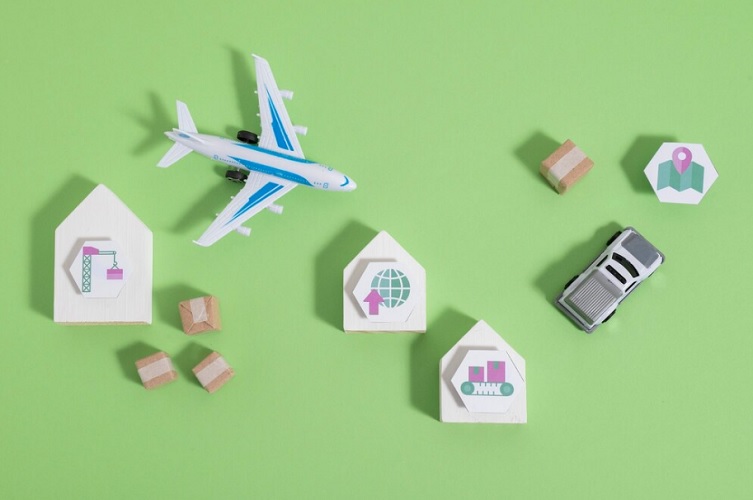As per the media report, Australia’s ambitions for home-grown sustainable aviation fuel (SAF) have received a boost with the Australian Renewable Energy Agency (ARENA) announcing a $9 million funding allocation to Jet Zero Australia. This marks the first funding announcement for SAF by ARENA.
As per the available information, founded in 2021 to facilitate the establishment of the country’s inaugural alcohol-to-jet fuel (ATJ) facility, Jet Zero Australia is set to embark on a $36.8 million front-end engineering design (FEED) study aimed at assessing the feasibility of its planned commercial-scale production site.
As the biofuel SAF sector grapples with persistent feedstock limitations, the ATJ production method—which can utilize ethanol as a drop-in fuel blend—presents a viable route for large-scale fuel production. “With abundant feedstocks and extensive renewable energy resources, Australia is ideally positioned to produce the sustainable aviation fuels we require right here at home,” noted ARENA CEO Darren Miller. The facility will utilize licensed LanzaJet ATJ technology, the news report further added.
Read also: Airline executives highlight need for government support in sustainable aviation fuel initiatives
Miller added, “We are committed to ensuring that the insights gained from Jet Zero Australia’s study are shared across the industry, paving the way for large-scale production in Australia.”
Jet Zero Australia CEO Ed Mason emphasized that the support from ARENA, along with backing from the Queensland Government, will be crucial in developing a new commercial pathway to generate over 113 million litres of SAF and renewable diesel annually from agricultural by-products in the country.
ARENA’s Bioenergy Roadmap estimates that a domestic SAF industry could generate up to 26,000 jobs by 2030, with a significant portion of these positions likely to emerge in regional areas, which will supply the necessary agricultural feedstocks, the report further added.
The activities associated with the FEED project are expected to conclude in 2025, after which a final investment decision will be made.





